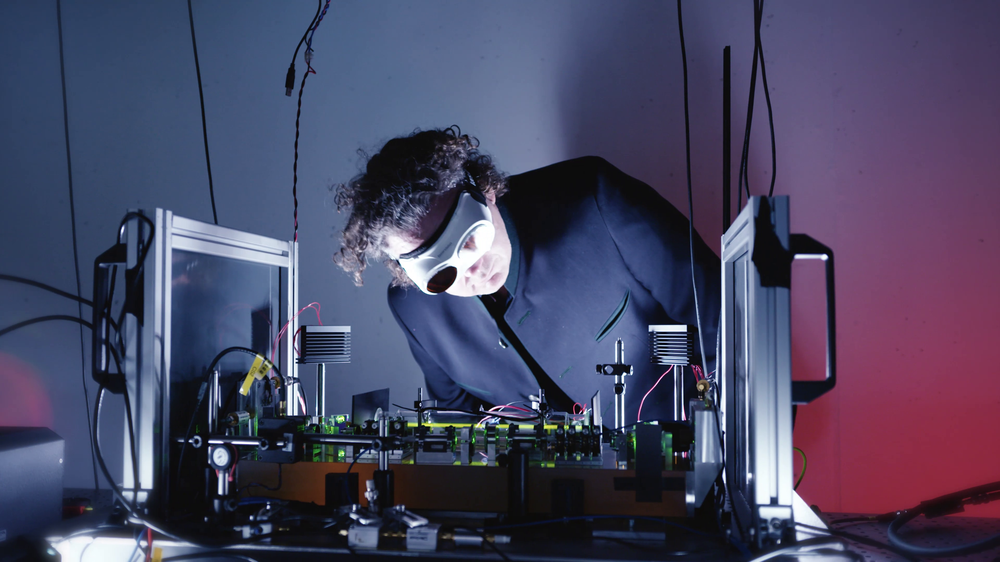Quantum Technologies at DLR

DLR researches and develops such quantum technologies at more than a dozen institutes across Germany, such as the Institute of Quantum Technologies in Ulm and the Institute for Satellite Geodesy and Inertial Sensing in Hanover. These institutes and facilities are dedicated to making quantum mechanical phenomena usable, developing technologies, identifying users and supporting commercialisation.
The Institute of Quantum Technologies and the Institute for Satellite Geodesy and Inertial Sensingare involved in the Bose-Einstein Condensate and Cold Atom Laboratory (BECCAL) experiment on the International Space Station l(ISS), among many other activities. In addition to its scientific achievements, BECCAL lays important groundwork for future quantum technologies in fields such as Earth observation and inertial sensor technology.
Clock and inter-satellite link technologies are also being prepared at DLR for testing in orbit as part of the COMPASSO mission through a close collaboration between the Institute of Quantum Technologies, the Institute of Communications and Navigation, the Institute for Software Technology, the Institute of Optical Sensor Systems, the Space Operations and Astronaut Training facility and industrial partners. A central element of the project is the iodine-based frequency reference with very high frequency stability. This system is a candidate for use on future generations of the European Galileo satellite navigation system.
With its Galileo Competence Center, DLR also has a facility that takes results of quantum technology research and transfers them to the commercial market for Global Navigation Satellite System (GNSS) services together with industrial partners.
